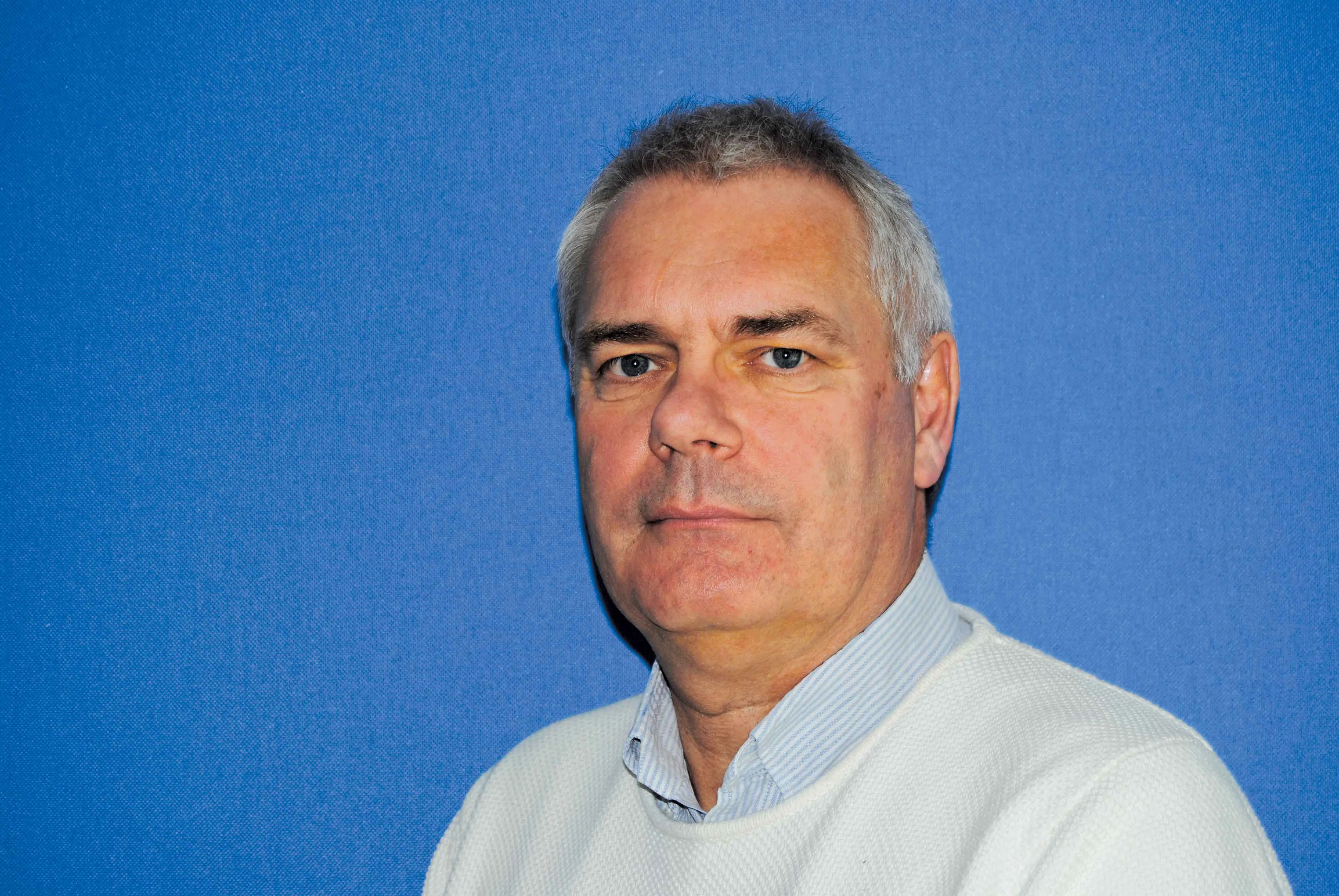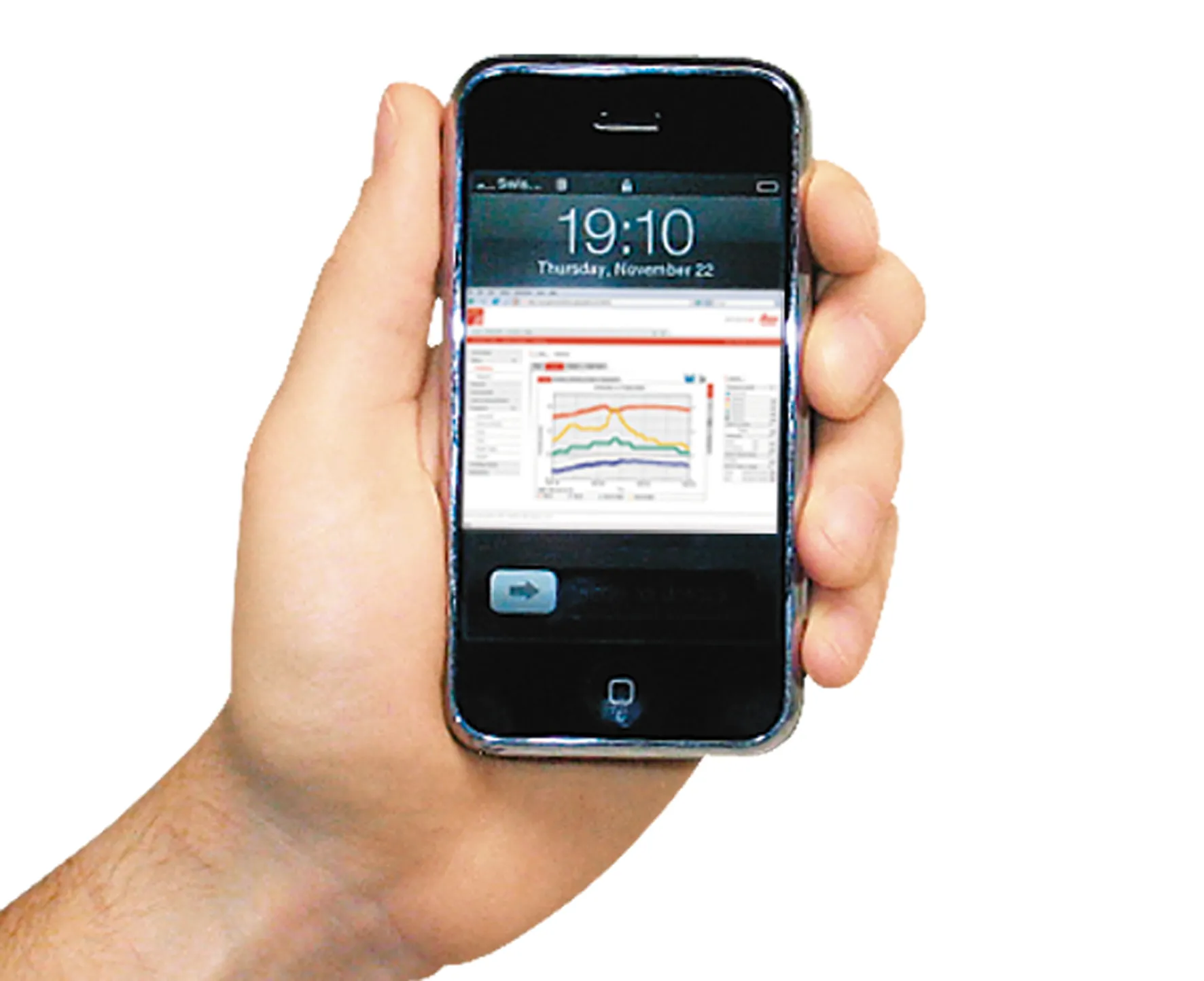The European Parliament has accepted that powered two-wheelers will play a significant role in sustainable mobility, helping reduce both traffic congestion and pollution. The European Parliament adopted Wim van de Camp’s “Report on the implementation of the 2011 White Paper on Transport: taking stock and the way forward towards sustainable mobility”. In the report motorcycles are seen as part of the solution to solving the problems in urban transport. Powered two wheelers can help tackle congestion and park
September 10, 2015
Read time: 3 mins
RSSThe European Parliament has accepted that powered two-wheelers will play a significant role in sustainable mobility, helping reduce both traffic congestion and pollution. The European Parliament adopted Wim van de Camp’s “Report on the implementation of the 2011 White Paper on Transport: taking stock and the way forward towards sustainable mobility”. In the report motorcycles are seen as part of the solution to solving the problems in urban transport. Powered two wheelers can help tackle congestion and parking problems as well as providing a solution for small logistics. The report also states that the specific design and afferent benefits of these vehicles should be adequately taken into account and reflected in EU transport legislation and guidelines.
In Van de Camp’s report the implementation of the White Paper on Transport, launched by the European Commission in 2011, is evaluated and recommendations are given for the next years. Although this report has no legislative characteristics itself it is the base of many regulations on the wide area of transport. Motorcycles are seen as a way to solve the problems in urban transport by tackling congestion and parking problems as well as providing a solution for small logistics. The report also states that the specific design and afferent benefits of these vehicles should be adequately taken into account and reflected in EU transport legislation and guidelines.
Accepting the report means that the use of motorcycles should be stimulated and facilitated in European cities. This also means that motorcycles and other powered two-wheelers should be considered when new roads are designed but also in the maintenance and design of existing roads. The European Parliament also calls for actions to reduce crashes involving vulnerable road users, in particular users of two-wheeled vehicles (powered and unpowered), pedestrians in urban environments and older drivers. The European Parliament also calls for roads to be designed, monitored and maintained in the same way as the roads that are part of the TEN-T network. In practice this should deliver better design and better maintenance of the road network across the whole of Europe.
FEMA’s General Secretary reacted: “This is the first time that the European Parliament recognizes the importance of motorcycles for transport. We have been saying for a long time, that motorcycles are part of the solution for urban congestion. environment and parking problems. The use of motorcycles should be stimulated and facilitated. In cities like Rome and Paris there would be enormous problems if anybody who now uses a motorcycle or scooter would go by public transport or, even worse, by car. Therefore we are very glad with the report from Wim van de Camp and the adoption of it by the European Parliament and we hope, that the European Commission will do something with it and take adequate action.”
In Van de Camp’s report the implementation of the White Paper on Transport, launched by the European Commission in 2011, is evaluated and recommendations are given for the next years. Although this report has no legislative characteristics itself it is the base of many regulations on the wide area of transport. Motorcycles are seen as a way to solve the problems in urban transport by tackling congestion and parking problems as well as providing a solution for small logistics. The report also states that the specific design and afferent benefits of these vehicles should be adequately taken into account and reflected in EU transport legislation and guidelines.
Accepting the report means that the use of motorcycles should be stimulated and facilitated in European cities. This also means that motorcycles and other powered two-wheelers should be considered when new roads are designed but also in the maintenance and design of existing roads. The European Parliament also calls for actions to reduce crashes involving vulnerable road users, in particular users of two-wheeled vehicles (powered and unpowered), pedestrians in urban environments and older drivers. The European Parliament also calls for roads to be designed, monitored and maintained in the same way as the roads that are part of the TEN-T network. In practice this should deliver better design and better maintenance of the road network across the whole of Europe.
FEMA’s General Secretary reacted: “This is the first time that the European Parliament recognizes the importance of motorcycles for transport. We have been saying for a long time, that motorcycles are part of the solution for urban congestion. environment and parking problems. The use of motorcycles should be stimulated and facilitated. In cities like Rome and Paris there would be enormous problems if anybody who now uses a motorcycle or scooter would go by public transport or, even worse, by car. Therefore we are very glad with the report from Wim van de Camp and the adoption of it by the European Parliament and we hope, that the European Commission will do something with it and take adequate action.”









